Education in the Simulation Century
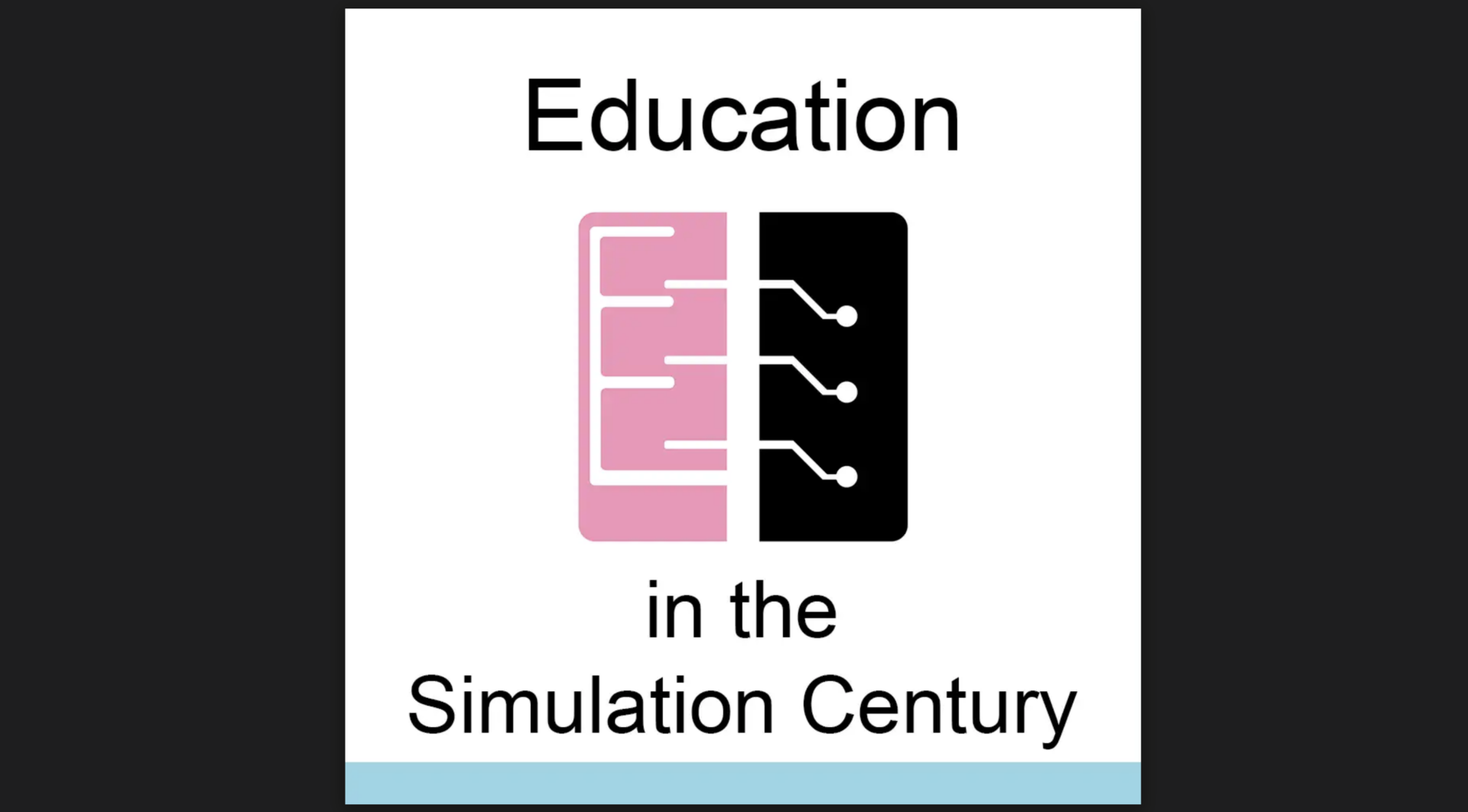
AI in Education: Navigating the New Frontier
In the latest episode of “Education and the Simulation Century,” host Linda Bernard sat down with Carl Hooker, a veteran educator and author, to discuss the transformative impact of artificial intelligence on education. As we stand on the brink of an AI revolution in classrooms worldwide, Hooker’s insights offer a roadmap for educators looking to embrace this technology while maintaining the core values of education.
The Promise of AI in Education
Artificial Intelligence presents two significant opportunities in education:
- Personalization: AI tools can help tailor learning experiences to individual students’ needs and interests, a goal educators have pursued for decades.
- Equity: AI can provide resources and support to students who may not have access to tutors or extensive parental help, potentially bridging the achievement gap.
Integrating AI Responsibly
Hooker emphasizes the importance of age-appropriate AI integration. He recommends introducing AI concepts using user-friendly tools like Canva, Adobe, and Padlet. These platforms offer AI-powered features that can ease teachers and students into using artificial intelligence for educational purposes.
One innovative activity Hooker suggests is using Padlet’s “I can’t draw” feature for creative exercises. For instance, students could generate images based on song lyrics or create superhero versions of themselves, fostering engagement and imagination.
Maintaining Academic Integrity
As AI becomes more prevalent, concerns about cheating and academic integrity arise. Hooker proposes a shift in focus:
- Emphasize the learning process over the final product
- Encourage students to reflect on their learning journey
- Promote transparency in AI use
Educators can maintain academic integrity while embracing new technologies by valuing the process and encouraging open discussion about AI utilization.
Empowering Teachers in the AI Era
Many teachers feel overwhelmed by the prospect of incorporating AI into their classrooms. Hooker suggests:
- Start with personal, non-work-related AI applications to build comfort
- Explore how AI can assist with time-consuming tasks like IEP generation and lesson planning
- Use tools like Magic School or School AI, which offer various AI-powered resources for educators
The Irreplaceable Human Element
While AI offers numerous benefits, Hooker stresses the continued importance of human connection in education. Teachers provide crucial elements that AI cannot replicate:
- Empathy and emotional support
- Motivation and personalized encouragement
- The ability to adapt to students’ emotional needs and daily challenges
To maintain this human connection, Hooker recommends creating purposeful “no AI” activities and challenging students to outperform AI in creative tasks.
Cultivating Essential Skills and Mindsets
As we navigate this new era of education, Hooker identifies key attitudes for educators:
- Accept that AI is here to stay and will be part of students’ futures
- Focus on preparing students to use AI appropriately and ethically
- Maintain a cautiously optimistic approach to AI integration
- Avoid anthropomorphizing AI, especially with younger students
- Be aware of the potential for over-attachment to AI and robotic companions
Looking Ahead
The integration of AI in education presents both exciting opportunities and significant challenges. By approaching this new frontier with openness, critical thinking, and a focus on human connection, educators can harness the power of AI to enhance learning while preserving the irreplaceable role of teachers in shaping young minds.
As we continue to explore the intersection of AI and education, it’s clear that the future of learning will be shaped by those who can balance technological innovation with timeless educational values. The journey ahead is complex, but with thoughtful implementation and a student-centered approach, AI has the potential to revolutionize education for the better.
Recommend0 recommendationsPublished in Artificial Intelligence, K12Voices, Leadership Voices

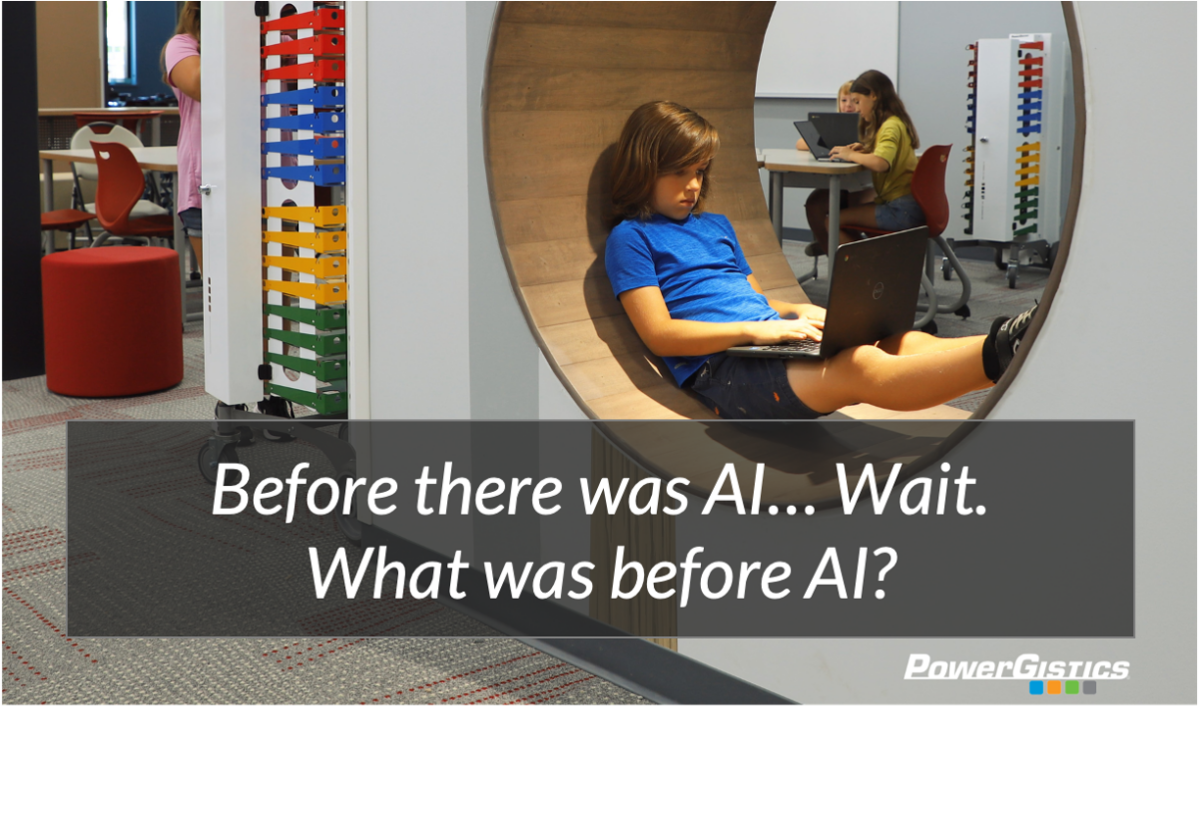

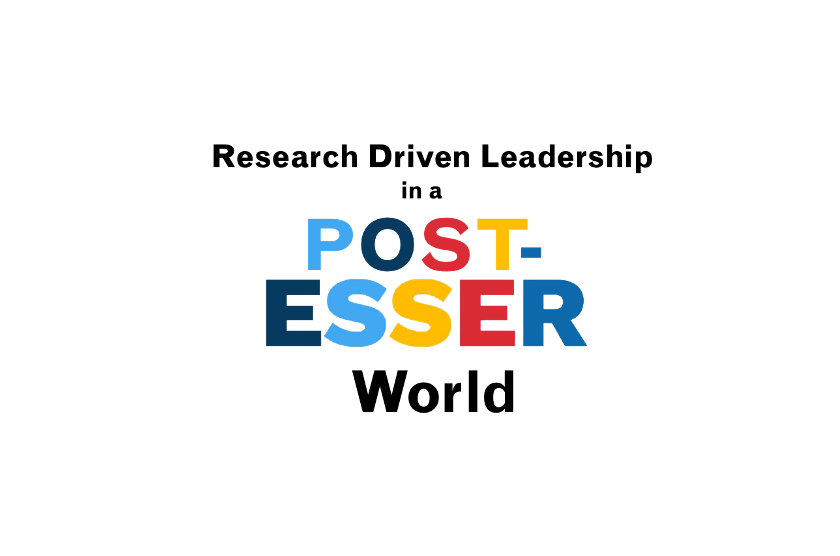
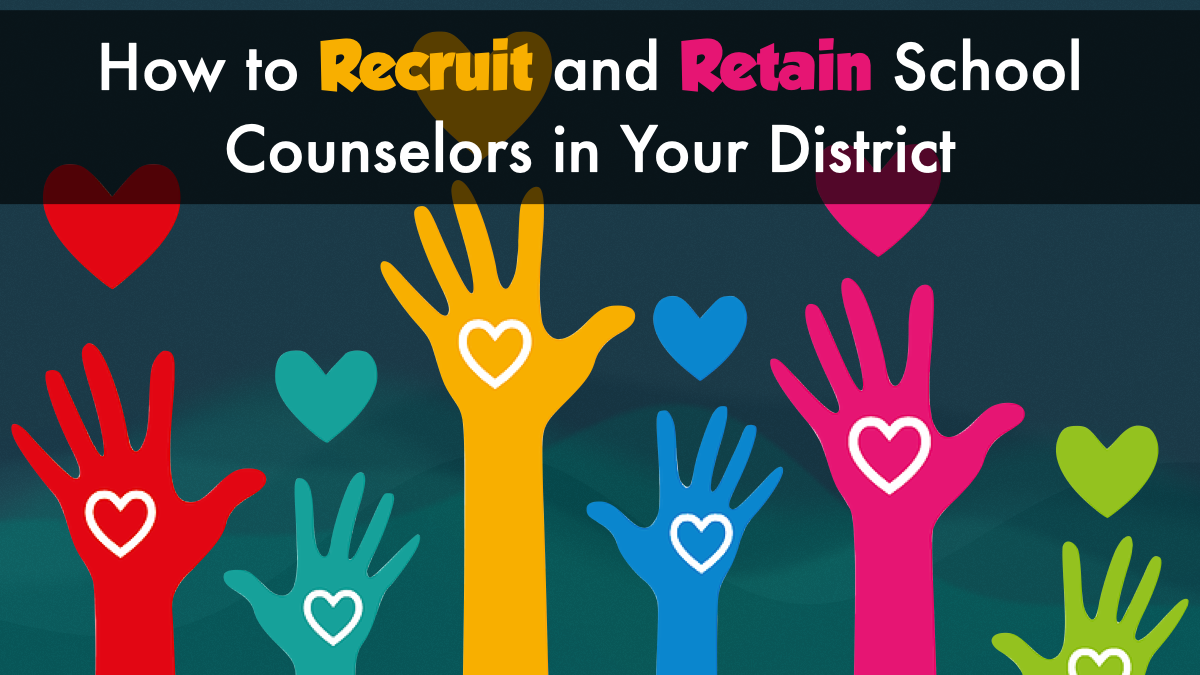
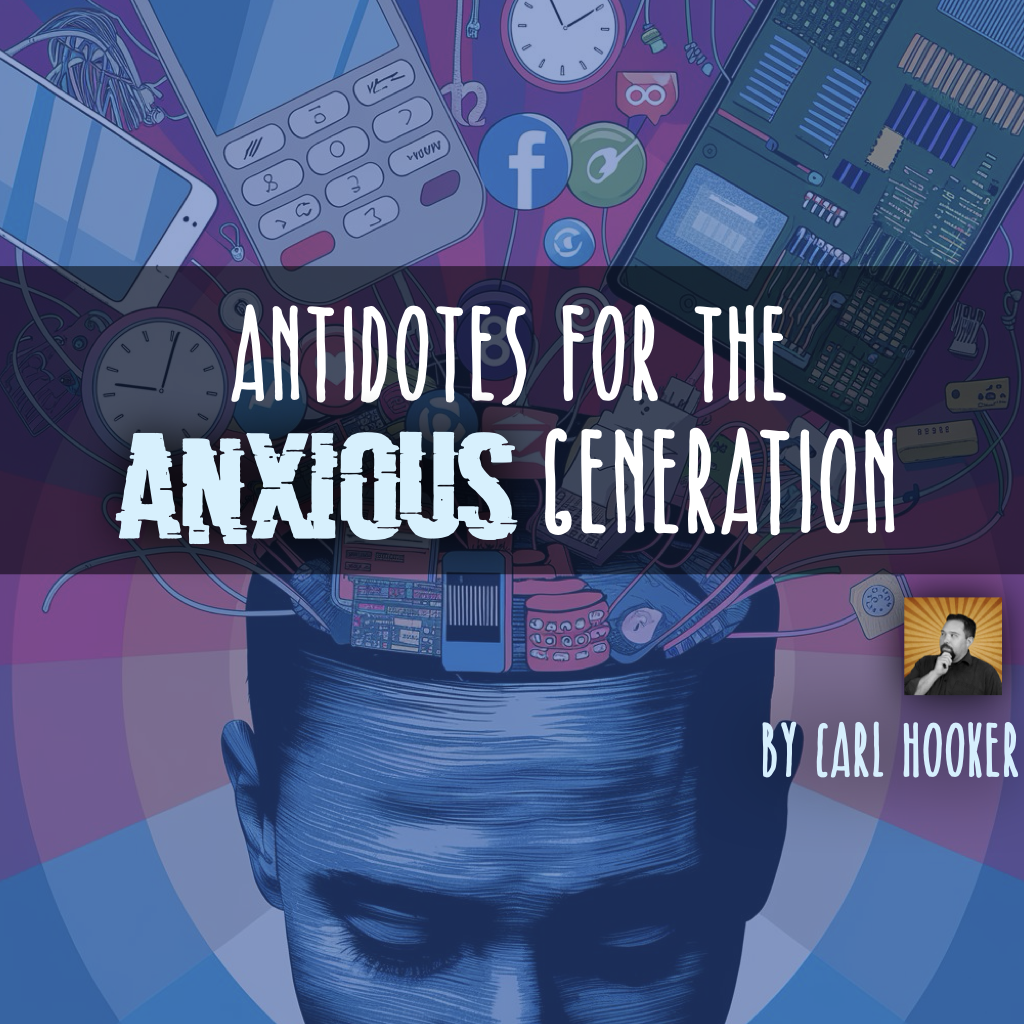
Responses